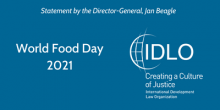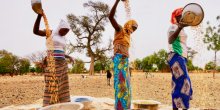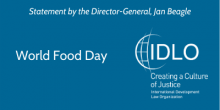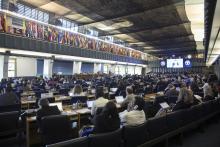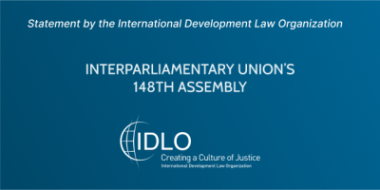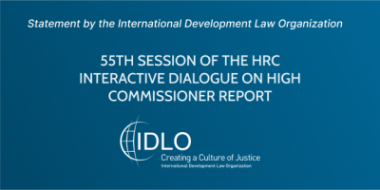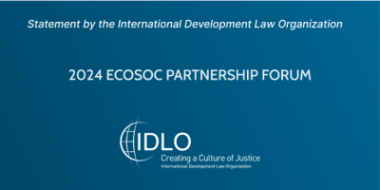IDLO Director-General, Jan Beagle's Statement on World Food Day
Statement by the Director-General, Jan Beagle, on World Food Day
On World Food Day, the International Development Law Organization joins the international community in calling for action for better production, better nutrition, a better environment and a better life for all.
